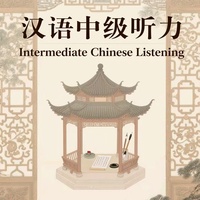Search from various 영어 teachers...
맞춤형 토픽
의견을 들려주시겠어요?
편집자 선정

Why "General English" is Failing Your Career (An Engineer’s Perspective)
13 좋아요 · 8 댓글

Carnival in Portugal: History, Traditions, Regional Celebrations, and Its Influence on Brazil
4 좋아요 · 4 댓글

Why Many Kids Struggle With English - and How the Right Tutor Makes a Difference
3 좋아요 · 3 댓글

Italian Passive Voice
4 좋아요 · 1 댓글

Start Your Korean Journey: 4 Charming Picture Books for Absolute Beginners
3 좋아요 · 1 댓글

The Many Shades of “Magari” in Italian: A Guide to Meaning, Tone, and Context
2 좋아요 · 0 댓글

Why “Just Around the Corner” Is (Usually) a Lie
11 좋아요 · 8 댓글

English for Customer Service: Dealing with Clients Professionally
7 좋아요 · 1 댓글

Santa, St. Nicholas, or Father Christmas? How Christmas Varies Across English-Speaking Countries
13 좋아요 · 4 댓글

11 Portuguese Superstitions You Should Know
5 좋아요 · 0 댓글
다른 읽을거리



